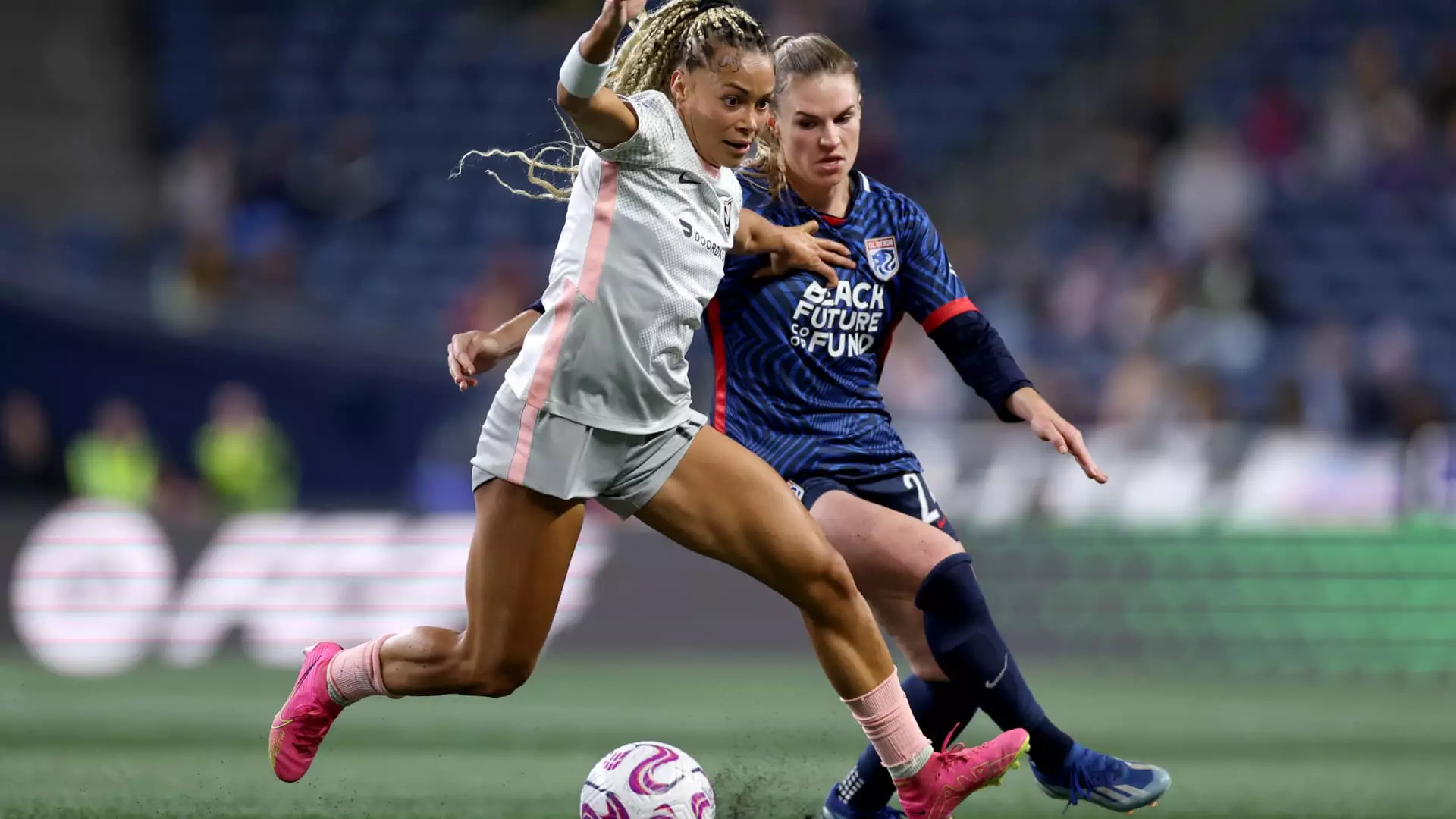Women’s soccer is experiencing a significant shift in ownership dynamics, with private equity firms taking on a more prominent role in the industry. While other major U.S. sports leagues have limited private equity investors to passive, minority stakes, the National Women’s Soccer League (NWSL) has allowed these firms to take majority control of the economics. This move marks a new era in the world of women’s sports and opens up avenues for substantial growth and development within the league.
Jessica Berman, commissioner of the NWSL, has highlighted the importance of institutional capital in driving growth within the league. By partnering with private equity firms, the NWSL aims to infuse additional capital into its assets and support the long-term sustainability of women’s soccer. The involvement of firms like Sixth Street and Carlyle in team ownership demonstrates a growing interest in the economic potential of women’s sports.
The recent acquisitions of teams like Bay FC and Reign FC for record-breaking amounts reflect the increasing valuations of women’s soccer franchises. Private equity investments are reshaping the financial landscape of the NWSL, with transactions reaching values that far exceed previous benchmarks. As the league continues to attract high-profile investors, such as Disney CEO Bob Iger, the potential for further growth and innovation in women’s soccer becomes increasingly evident.
Unlike traditional men’s sports leagues, women’s sports revenue is more heavily reliant on merchandising sales, ticket sales, partnerships, and sponsorships. However, a landmark media deal signed by the NWSL represents a significant step towards diversifying revenue streams and expanding the league’s broadcasting reach. The influx of private equity investments is expected to fuel further growth in revenue and unlock new opportunities for women’s soccer on a global scale.
While the entry of private equity firms signals a promising future for women’s soccer, it also presents challenges in terms of governance and ownership structures. Commissioner Berman acknowledges the need for cautious navigation in dealing with institutional capital and emphasizes the importance of maintaining the integrity of the sport. As the NWSL sets new precedents for ownership models, other major sports leagues are closely monitoring the developments in women’s soccer to assess the feasibility of similar investment strategies.
As women’s elite sports revenue approaches the billion-dollar mark, the potential for sustained growth and expansion in the industry is undeniable. Private equity interest in women’s soccer is expected to continue rising, driven by the allure of lucrative deals and the opportunity to shape the future of the sport. The evolving landscape of ownership in women’s soccer sets a precedent for innovation and collaboration, paving the way for a more inclusive and commercially viable sports ecosystem.

Leave a Reply